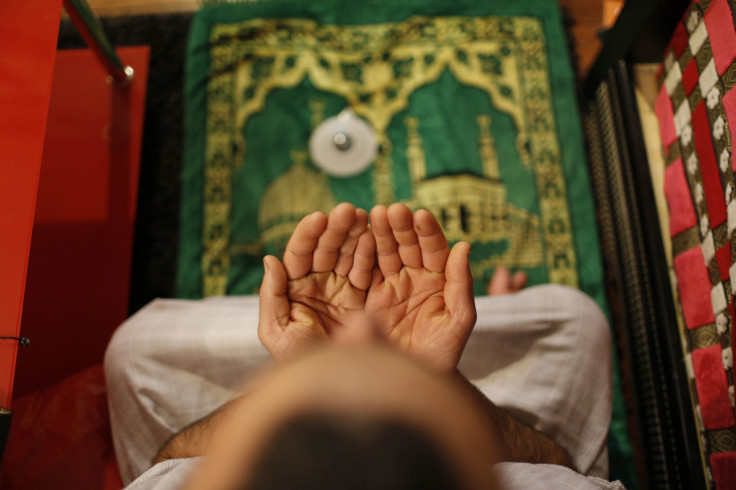Ramadan 2014: Fasting Helps Muslims 'Become Better People'

As Ramadan - the month of fasting - is approaching, thousands of Muslims around the world are preparing to celebrate this period of purification.
According to Arqam Ahmad, a geophysics student at East Anglia university, Norwich, Ramadan is a period of self-introspection and purification. It is also a period during which Muslims think of what they can do to "become better people".
Fasting to experience what poor people go through
"When a Muslim fasts, they give up their necessity of food and drink for long hours (this year in the UK around 19 hours). This shows that if they can give up a necessity, what can't they give up," he said to IBTimes UK.
"The purpose of fasting is for one to experience what the poor go through, and poor people are around 70% of global population, sadly," Ahmad said.
"As one is hungry throughout the day they can sympathise for the hungry across the world and since it's a blessed month, charitable donations would increase and also prayers and thoughts too."
Not everybody is obliged to fast
Ramadan is sometimes perceived as dangerous for health. However, as Ahmad explained, not everybody is obliged to fast.
"Firstly, if a person is not in a decent health condition (being physically or mentally) they are not obliged to fast at all, nor if they are travelling a long distance.
"Not eating and drinking is the superficial element of fasting. Fasting is way deeper: it's a method of self-refraining.
"Fasting helps one to become more disciplined, humble, increase appreciation of what they have and become closer to Allah.
"Many health experts have praised fasting as a method to combat obesity and also enhance the overall health of an individual. I would like to invite the critics [of Ramadan] to fast for a day and reap the benefit and would also like to say to them please don't judge if you have not tried it."
Ramadan brings families and friends closer
During Ramadan, Muslims change their daily habits.
During Ramadan, some Muslims pray the 'taraweeh' - extra prayers - at night time. Taraweeh is prayed collectively and it is beneficial as its target is to complete the 30 sections of the Quran in 30 nights, one section per night.
Ahmad says he tends to pray throughout the day too, asking Allah for forgiveness, mercy and patience.
"As there is no lunchtime or other food breaks, these are normally substituted with alone prayers or remembrance of Allah. By these replacements, sinning becomes harder which is what fasting is also trying to make us do, make sinning harder," says Ahmad.
He also says Ramadan "brings families and friends closer".
"I really enjoy hosting the opening of the fast, called 'iftaar' in Arabic," he says.
"A famous saying does say food brings people closer and iftaar time is when people who fast really appreciate their availability of food and drinks."
© Copyright IBTimes 2025. All rights reserved.






















